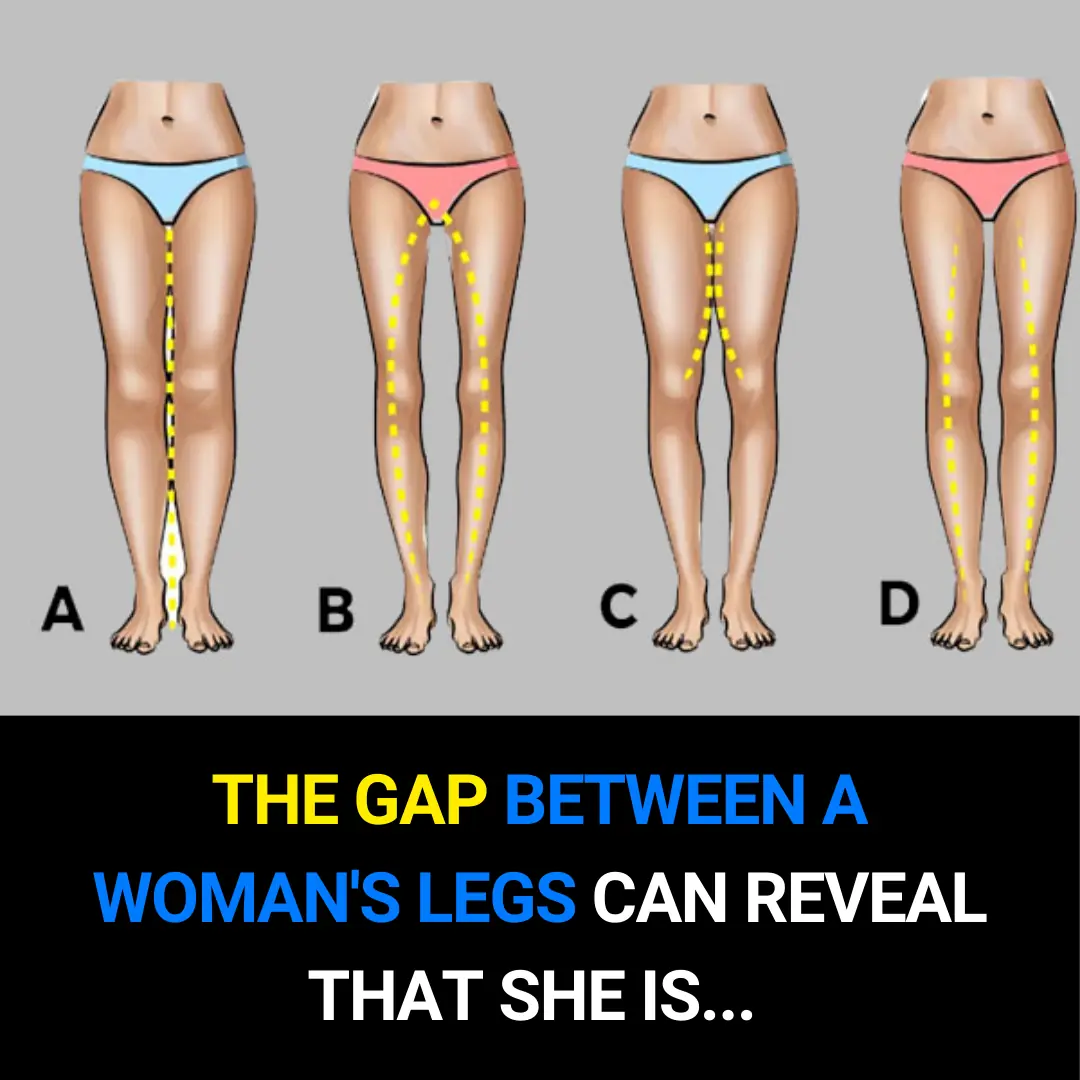
The Pros and Cons of Sleeping with a Fan On

As temperatures rise during the warmer months, many people rely on fans to stay cool at night. Sleeping with a fan on can offer comfort, but it's important to understand both the benefits and potential downsides before making it a regular part of your sleep routine. This article takes a closer look at the pros and cons of sleeping with a fan on—and offers practical tips to ensure you use it safely and effectively.
Benefits of Sleeping with a Fan On
1. Temperature Regulation
Fans create a steady airflow that helps lower body temperature by increasing evaporation of sweat. This cooling effect can make it easier to fall asleep and stay asleep, especially in hot or humid environments where traditional air conditioning may not be available or energy-efficient.
2. White Noise for Better Sleep
The constant hum or whirring sound of a fan can act as white noise. This consistent background noise masks sudden disruptions such as traffic, barking dogs, or other household sounds that might otherwise wake you up. For light sleepers, this can significantly improve sleep quality.
3. Improved Air Circulation
Good air circulation can prevent the room from feeling stale or stuffy. A fan helps move air around the space, which can reduce the sensation of heaviness or humidity in the air and create a more refreshing and breathable environment for sleep.
4. Cost-Effective Cooling Option
Compared to running an air conditioner all night, fans use considerably less electricity. For budget-conscious individuals or those seeking more sustainable cooling methods, fans offer a more energy-efficient alternative.
Potential Drawbacks of Sleeping with a Fan On
1. Dryness and Dehydration
Constant airflow directed at your body or face can lead to dry skin, irritated eyes, and dry nasal passages. This can cause discomfort or even contribute to nosebleeds or a scratchy throat upon waking.
2. Circulation of Allergens
Fans can kick up and spread dust, pollen, pet dander, and other airborne allergens throughout the room. For people with allergies or asthma, this increased circulation can worsen symptoms, especially if the fan or surrounding areas are not cleaned regularly.
3. Muscle Stiffness or Cramps
Sleeping in a direct stream of cool air can cause your muscles to tense during the night. This can lead to stiffness, cramps, or even mild soreness in the neck, shoulders, or joints upon waking, especially for those who sleep in one position for long periods.
4. Noise Sensitivity
While white noise is beneficial for many, some people may find the sound of a fan distracting or irritating. This is especially true if the fan rattles, vibrates, or emits an uneven sound.
Tips for Safe and Comfortable Fan Use at Night
-
Keep the Fan Clean: Dust and allergens can quickly accumulate on fan blades and grills. Clean your fan regularly to prevent it from dispersing particles into the air.
-
Adjust Fan Placement: Avoid pointing the fan directly at your face or body. Instead, angle it to circulate air throughout the room without blowing directly on you.
-
Use a Timer or Auto Shut-Off: Many modern fans come with a timer feature. Set it to turn off after a few hours, so you benefit from the cooling effect as you fall asleep but avoid prolonged exposure overnight.
-
Pair with a Humidifier: To combat the drying effect of fan use, consider using a humidifier in your bedroom. This helps maintain balanced humidity levels and protects your skin and respiratory system from excessive dryness.
-
Choose the Right Fan Type: Consider bladeless or oscillating fans, which often produce a smoother airflow and are quieter—ideal for nighttime use.
Conclusion
Sleeping with a fan on can be a great way to stay cool, improve air circulation, and reduce nighttime disturbances through white noise. However, it also comes with potential downsides such as dryness, allergen circulation, and muscle stiffness. By being mindful of how you use your fan—keeping it clean, adjusting its direction, and supplementing it with other tools like a humidifier—you can create a sleep environment that’s both comfortable and healthy.
Whether or not you choose to sleep with a fan ultimately depends on your personal comfort and any health sensitivities. With the right precautions, you can enjoy the benefits while minimizing the risks.
News in the same category

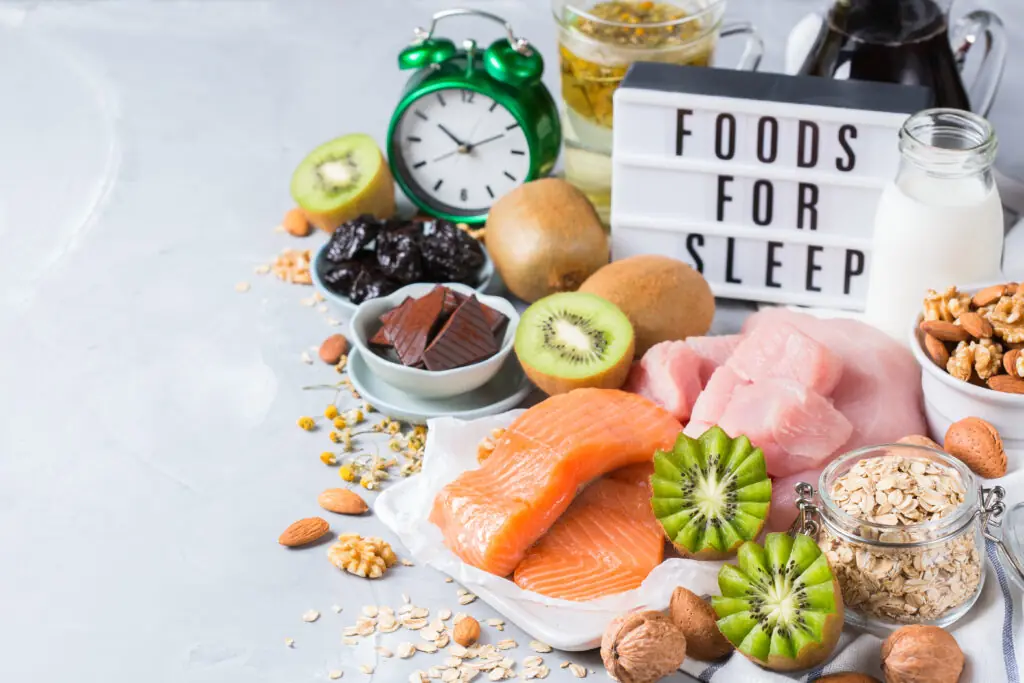
12 Foods With Melatonin You Should Include In Your Dinners To Sleep Like A Baby
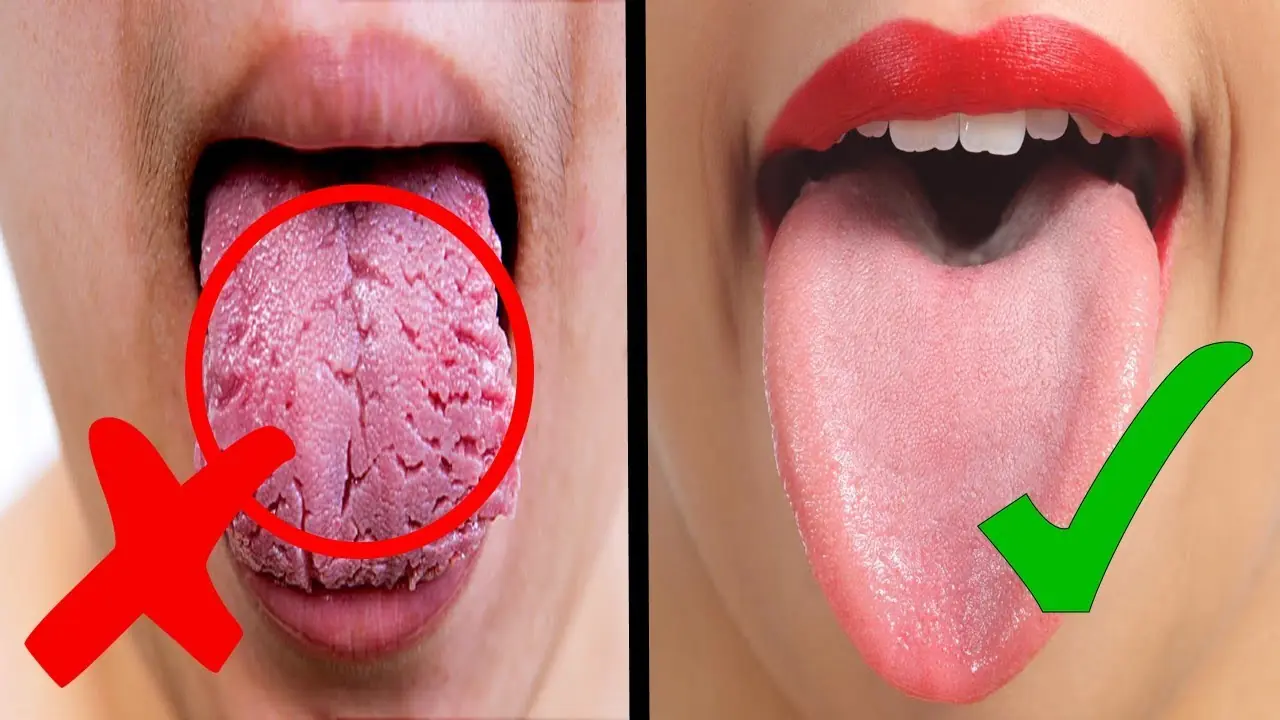
White Tongue: What It Means and What You Can Do About It
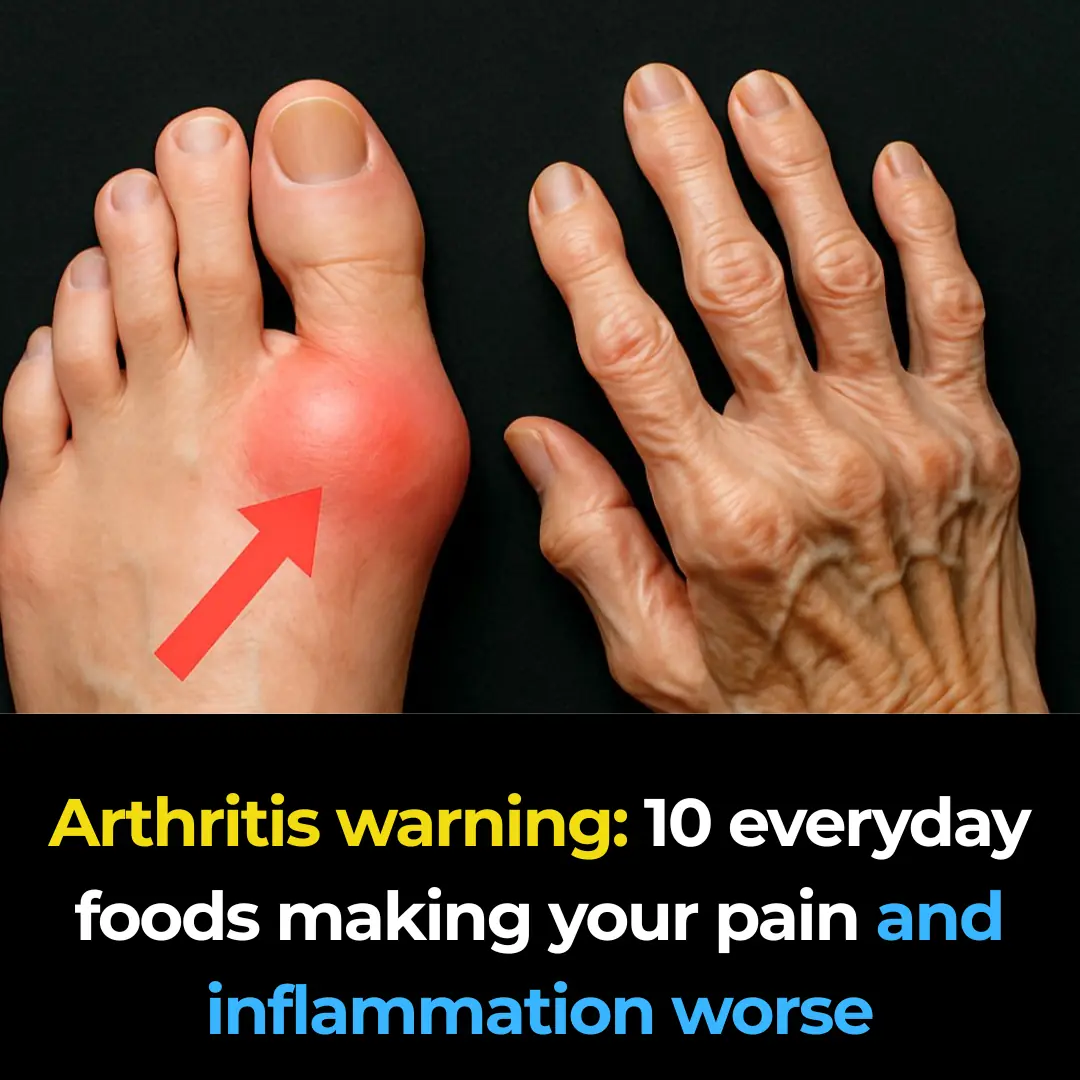
Arthritis warning: 10 everyday foods making your pain and inflammation worse

World’s deadliest ca:ncer: 8 early warning signs every older adult should know
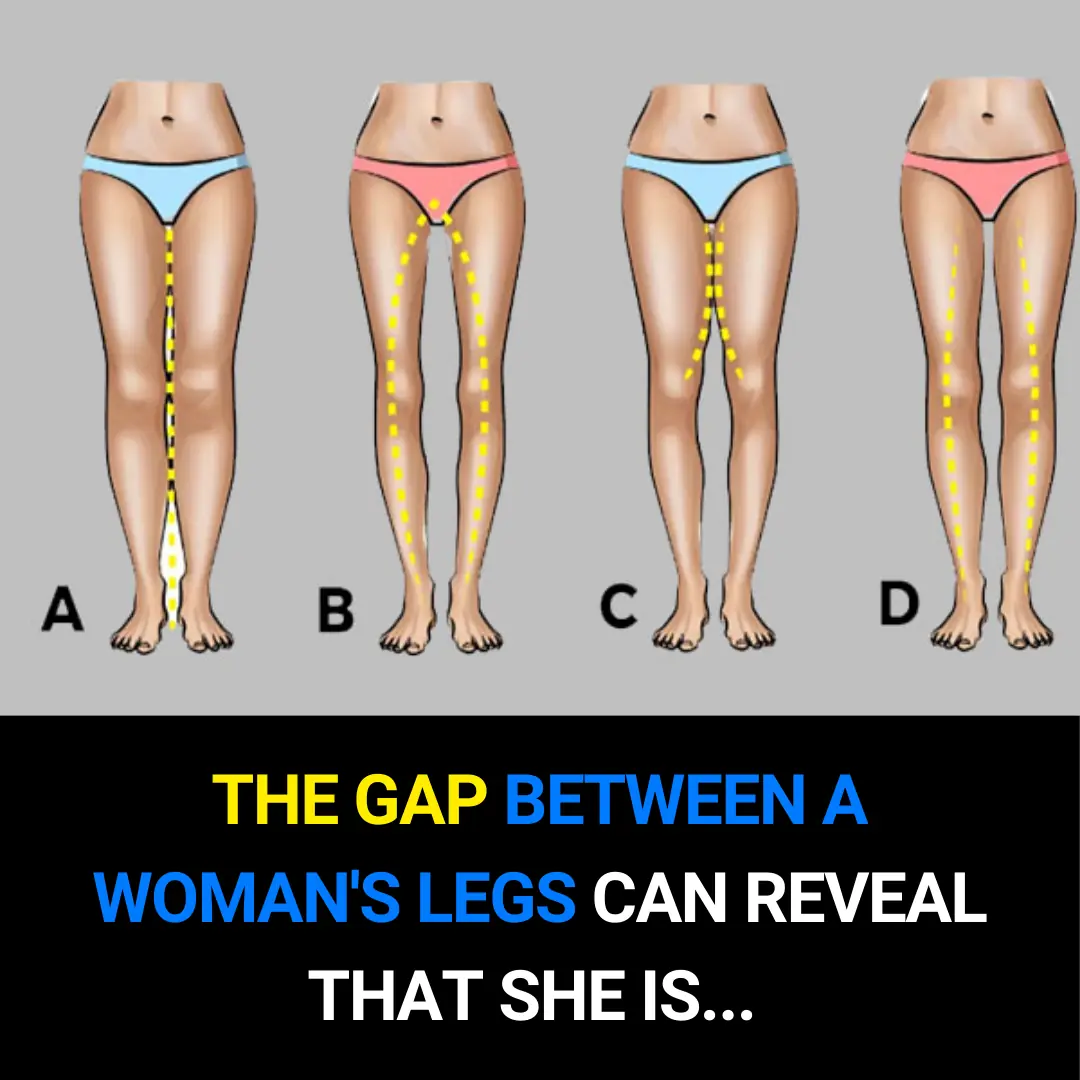
The Truth About the Thigh Gap: And Why You Don’t Need One to Feel Beautiful
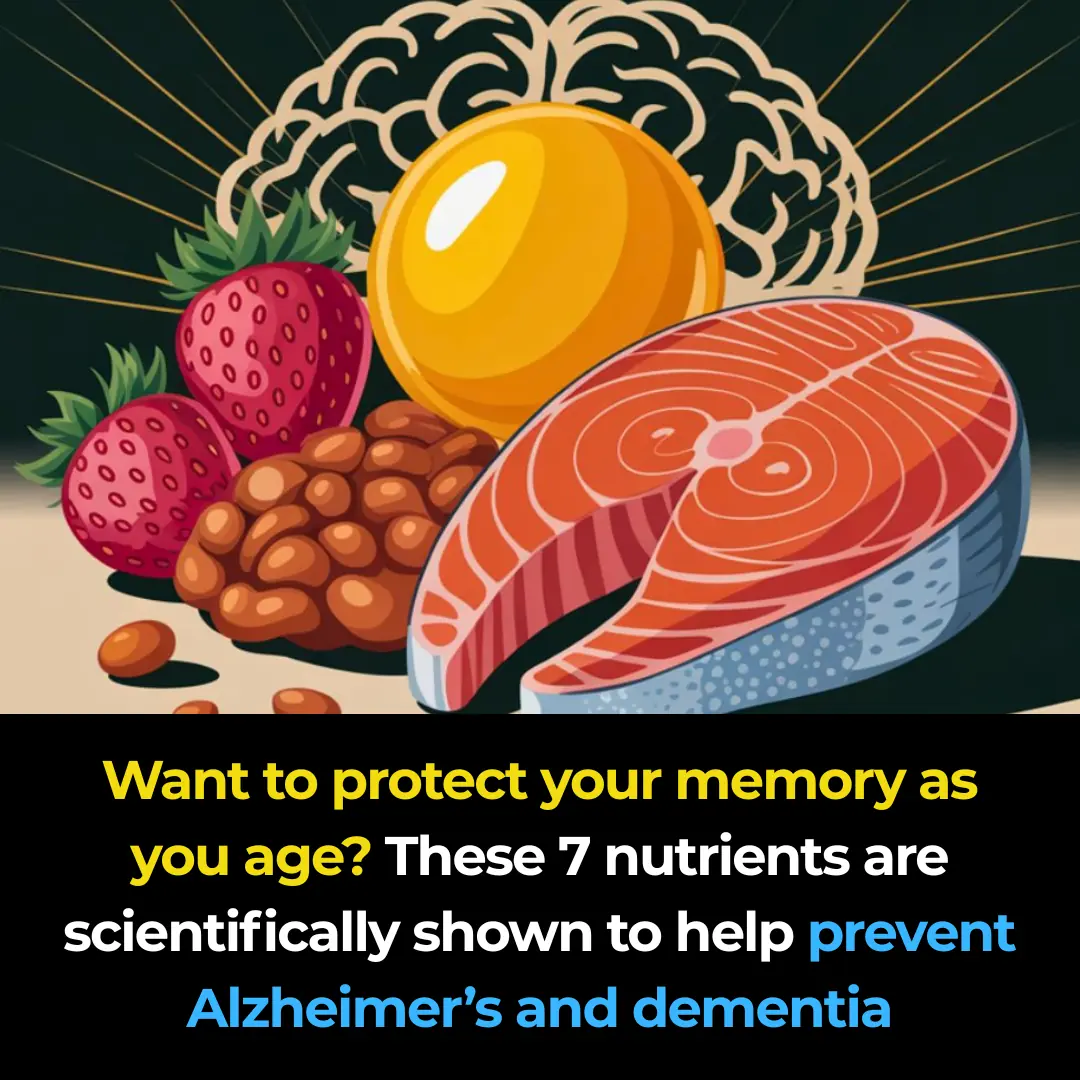
7 Best Nutrients to Prevent Alzheimer’s and Dementia

Coconut Water: Healthy Drink or Hidden Risk? Who Should Avoid It
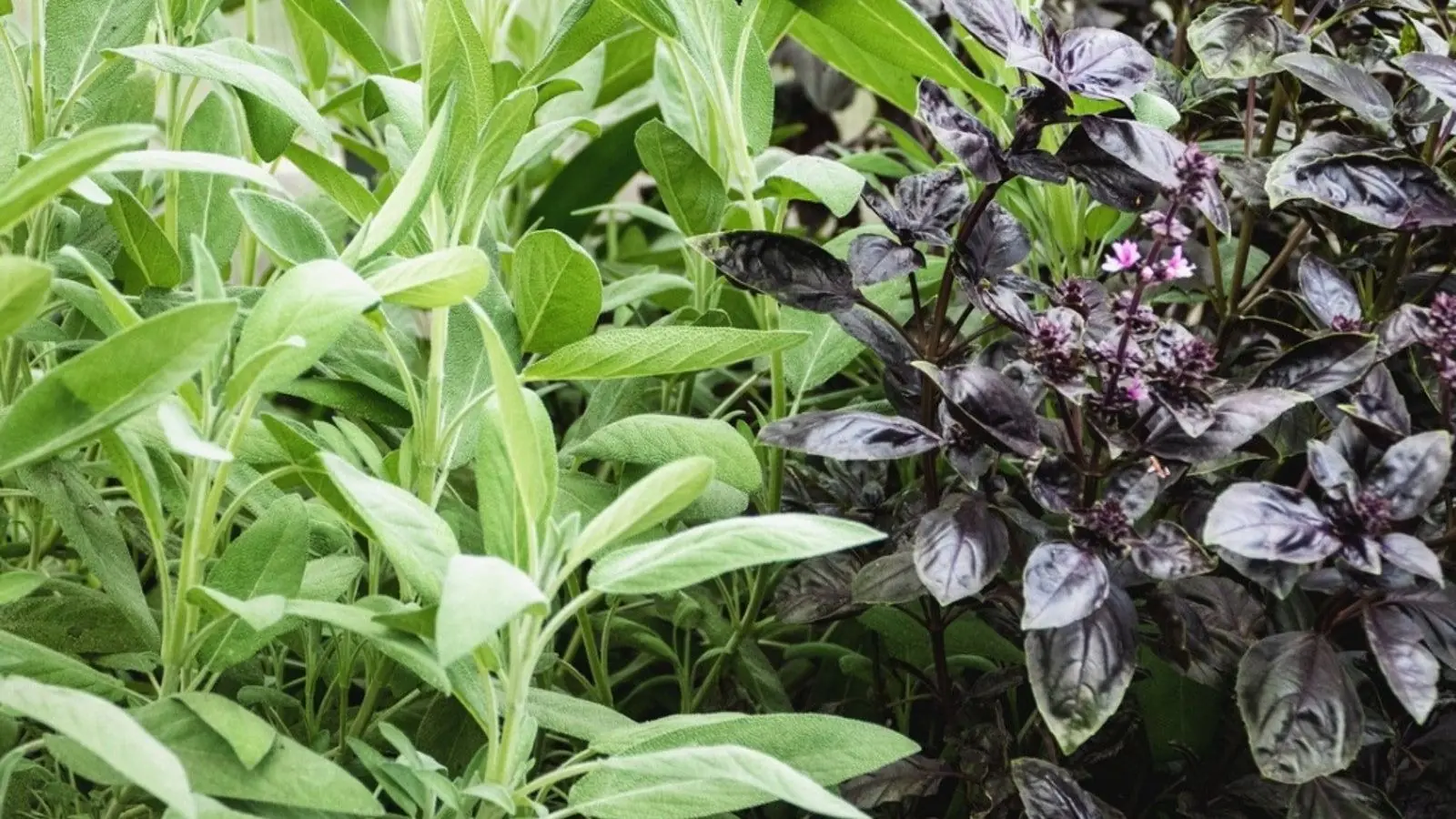
All You Can Do with Just One Sage Plant: Grandma’s Timeless Uses
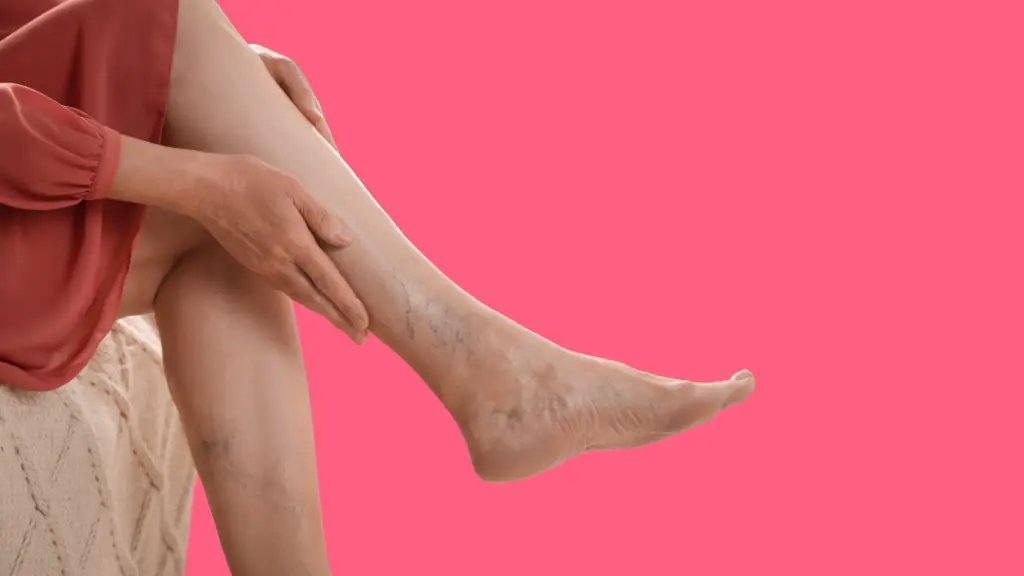
Aloe Vera for Varicose Veins and Tired Legs: Natural Relief You Can Try at Home
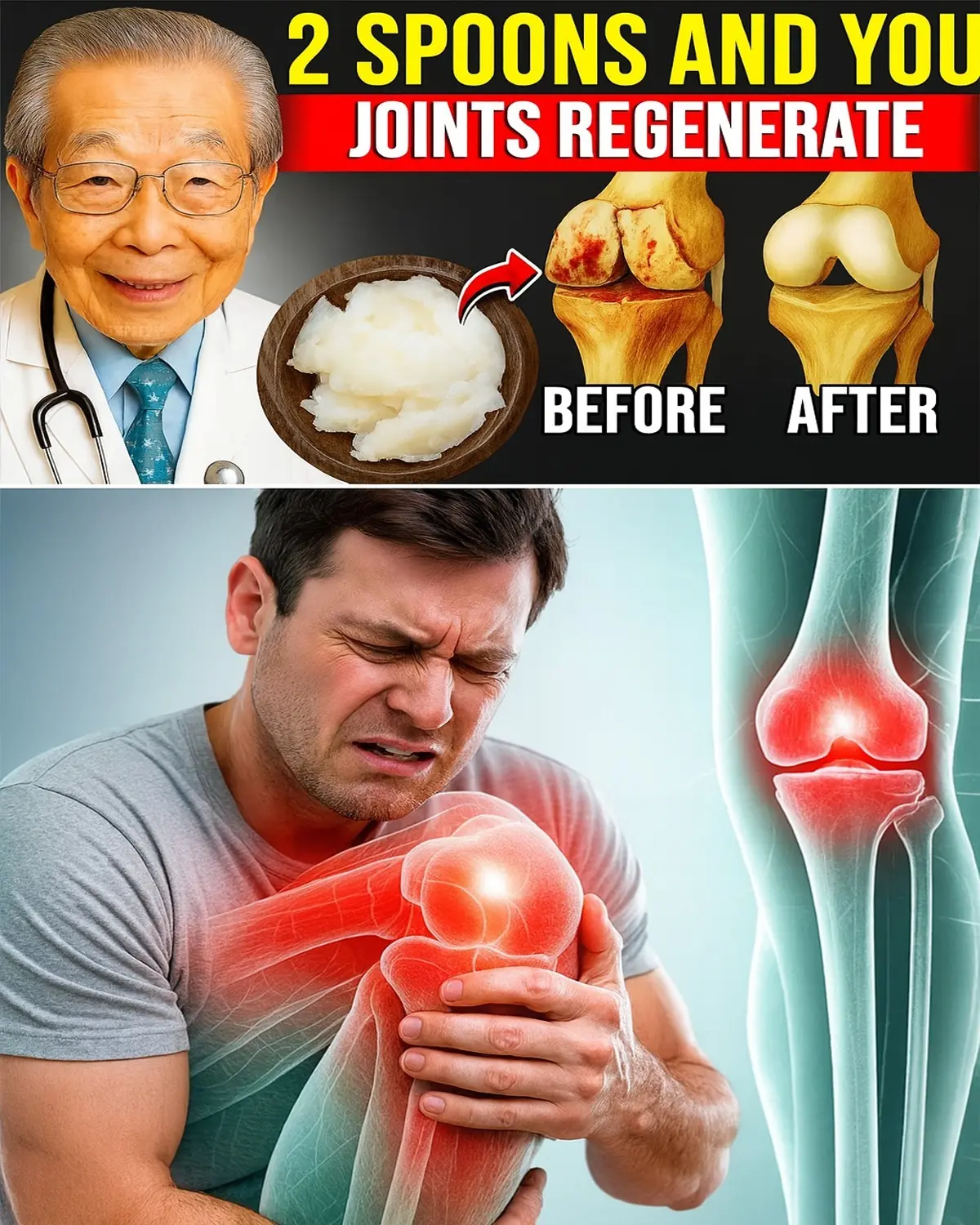
2 Spoons a Day May Support Joint Health Naturally
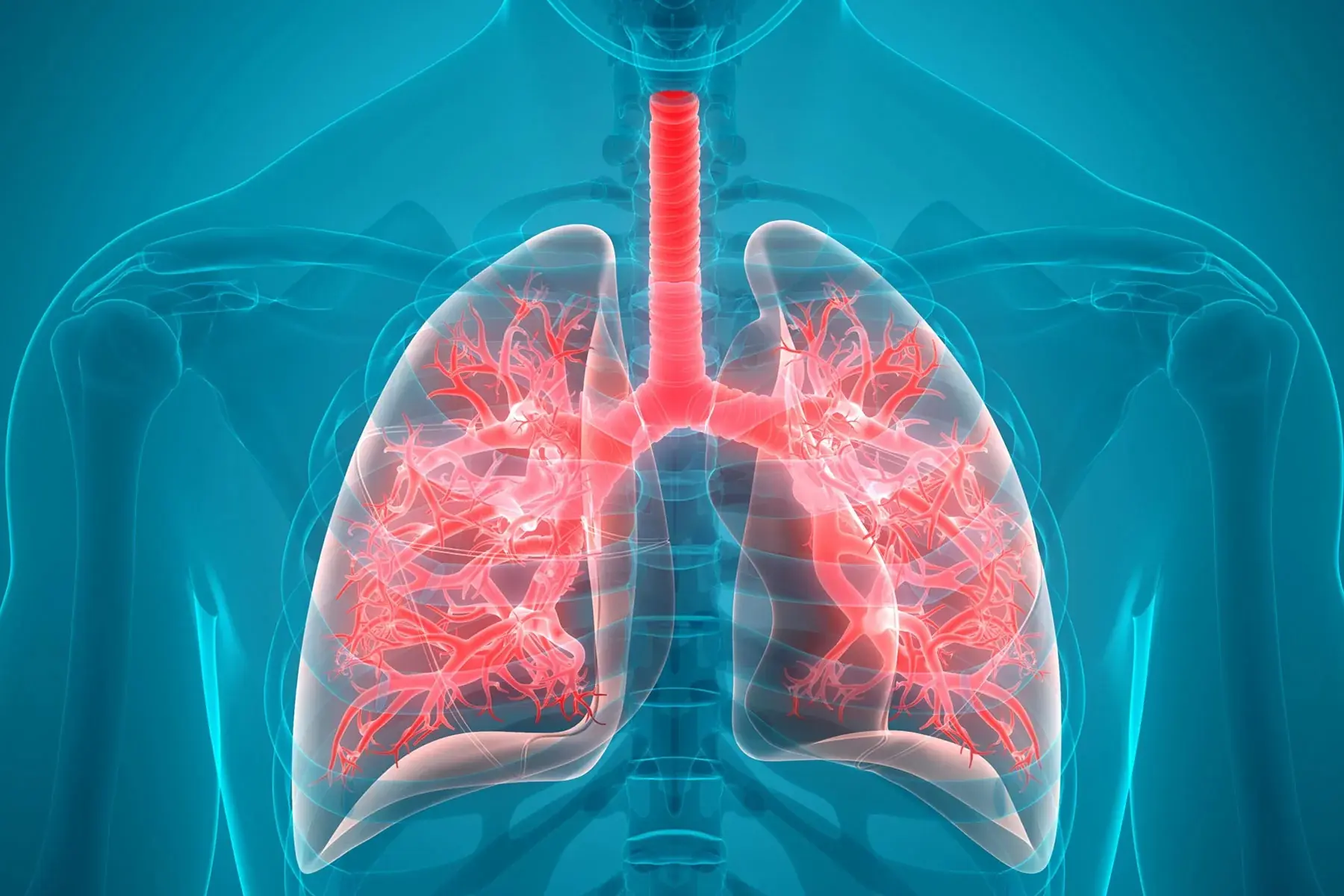
Clean Your Lungs and Stop Coughing in 3 Days! The Garlic Remedy for Bronchitis You Need to Try
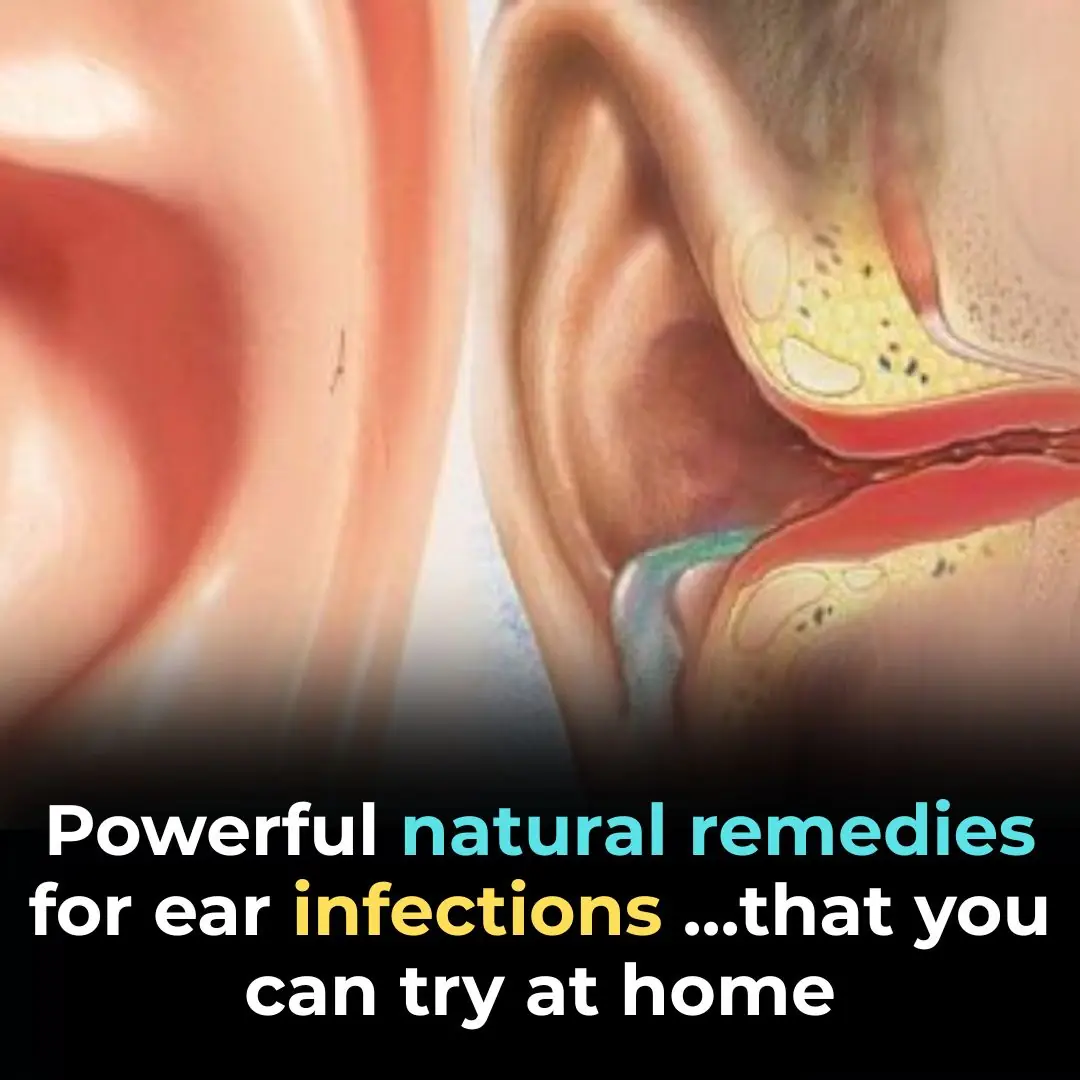
Powerful Natural Remedies for Ear Infections
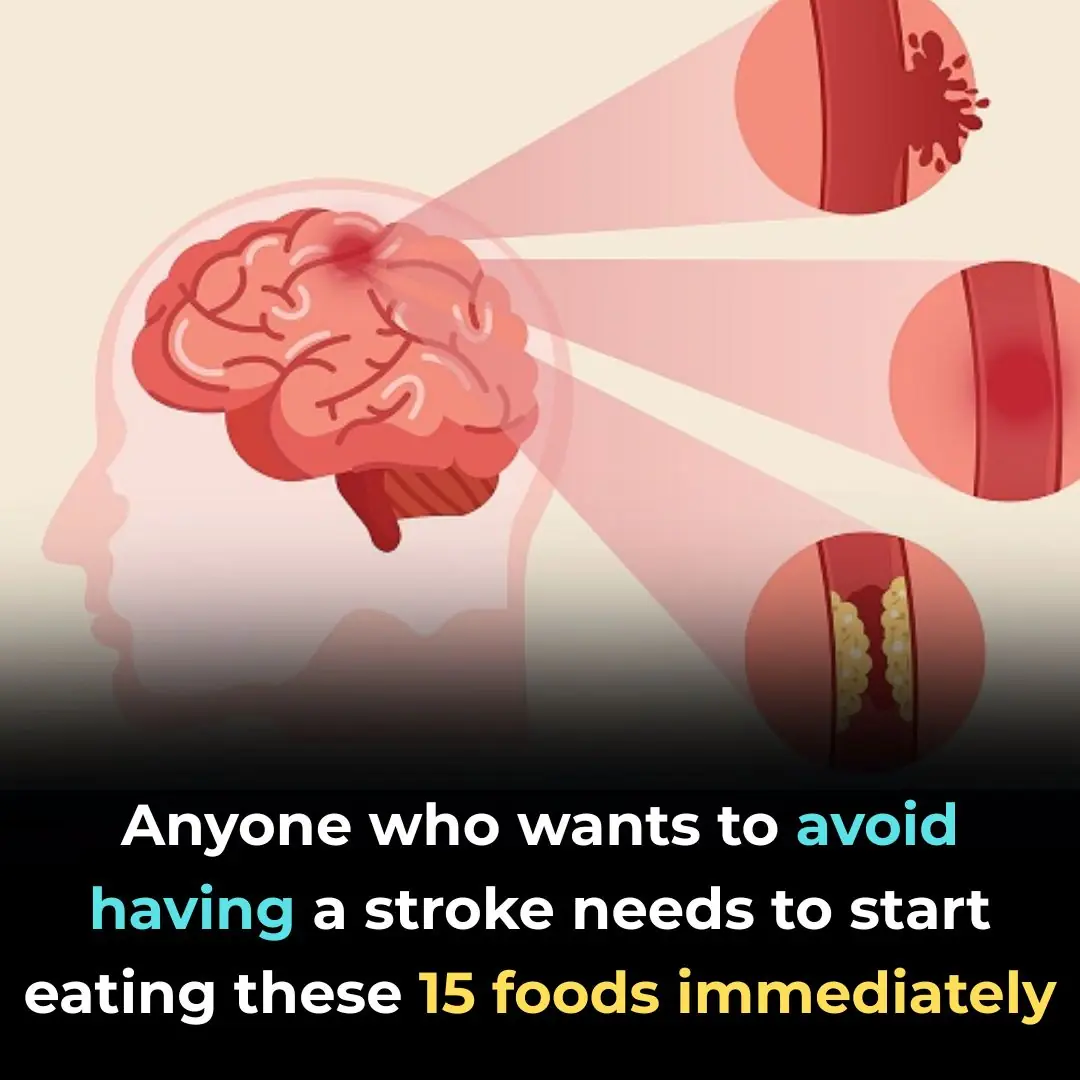
Anyone who wants to prevent a stroke needs to start eating these 15 foods immediately

Researchers Explore Potential Dementia Risk Linked to Gabapentin

Could the bacteria in your nose be causing Alzheimer’s? (new study)
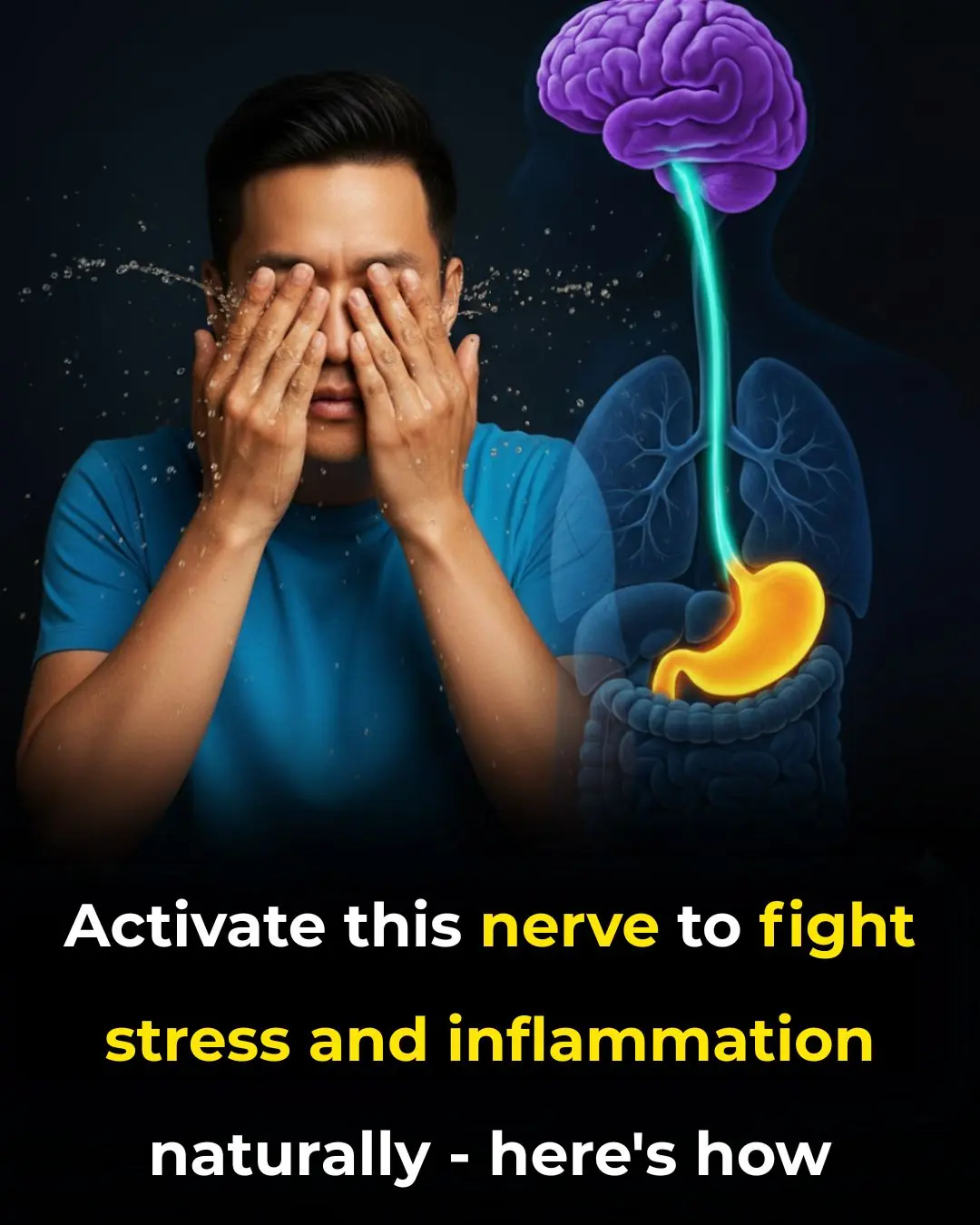
Activate this nerve to fight stress and inflammation naturally – here’s how

New study reveals surprising health benefits of kimchi
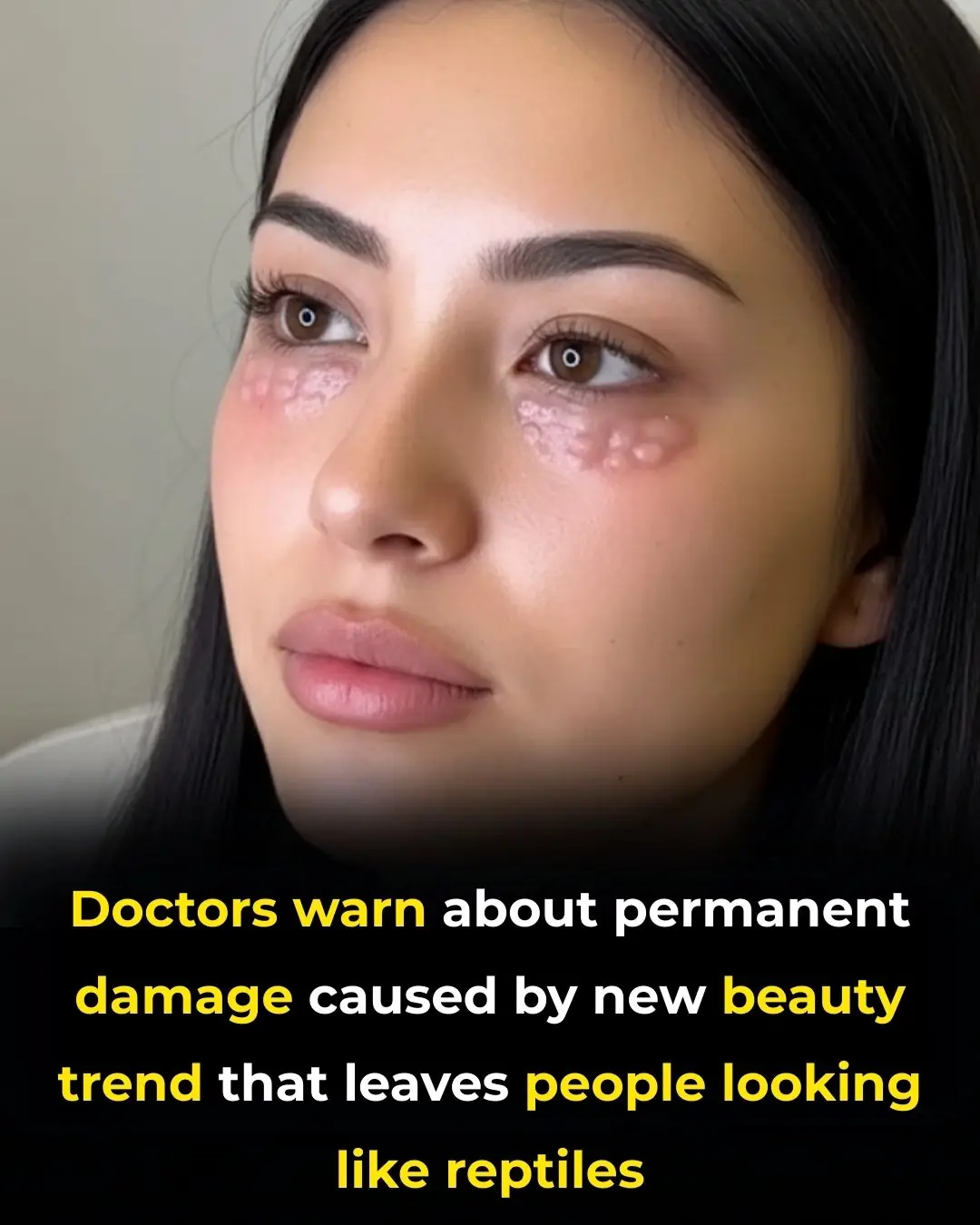
Doctor Warns of Mesotherapy’s Risky Side, Causing Reptile-Like Skin
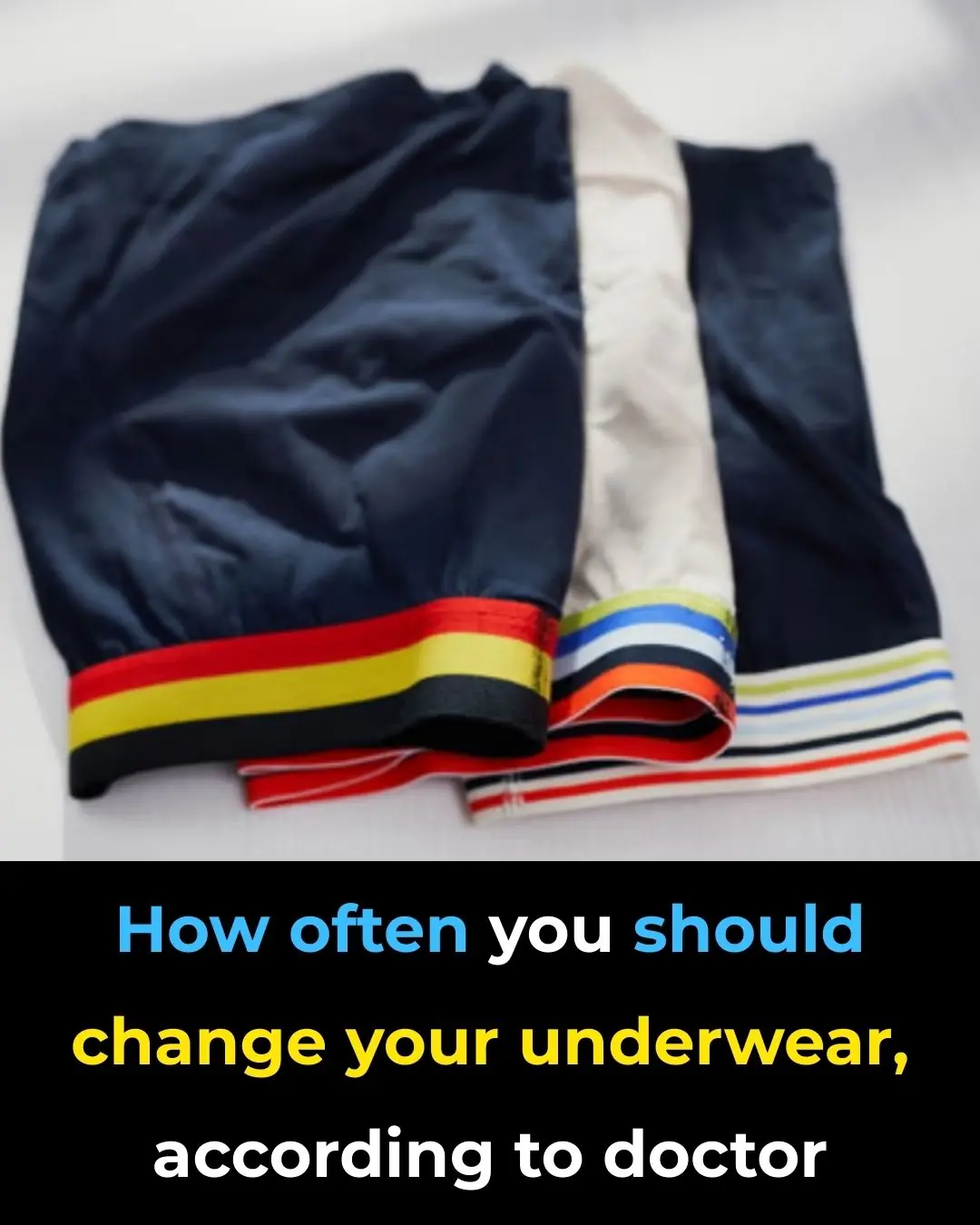
How Often Should You Change Your Underwear?
News Post

My Brother Banned Me from Speaking at Our Mother’s Funeral, Saying ‘No One Wants to Hear from the Adopted One’ — He Never Expected What Happened Next

Bride Walked Down the Aisle Smiling — But After Finding a Note Hidden in Her Bouquet, She Turned Around and Ran from the Wedding
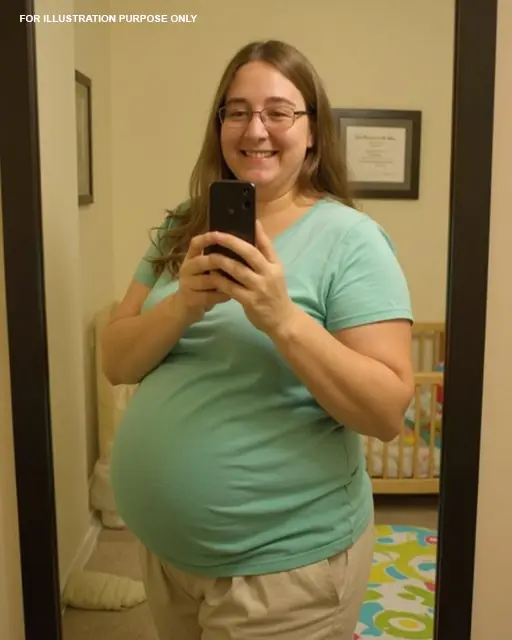
9 Months Pregnant, My Husband Threw Me Out for Another Woman, But I Got the Last Laugh

The Man Who Became a Swan Shepherd.

A Valentine’s Gesture That Touched an Entire Community.

A Prom Night 76 Years in the Making.

The Truth About the Thigh Gap: And Why You Don’t Need One to Feel Beautiful

Mosquitoes fear this bowl of water the most—place it in your home and no matter how many mosquitoes there are, they’ll all disappear, letting you sleep peacefully
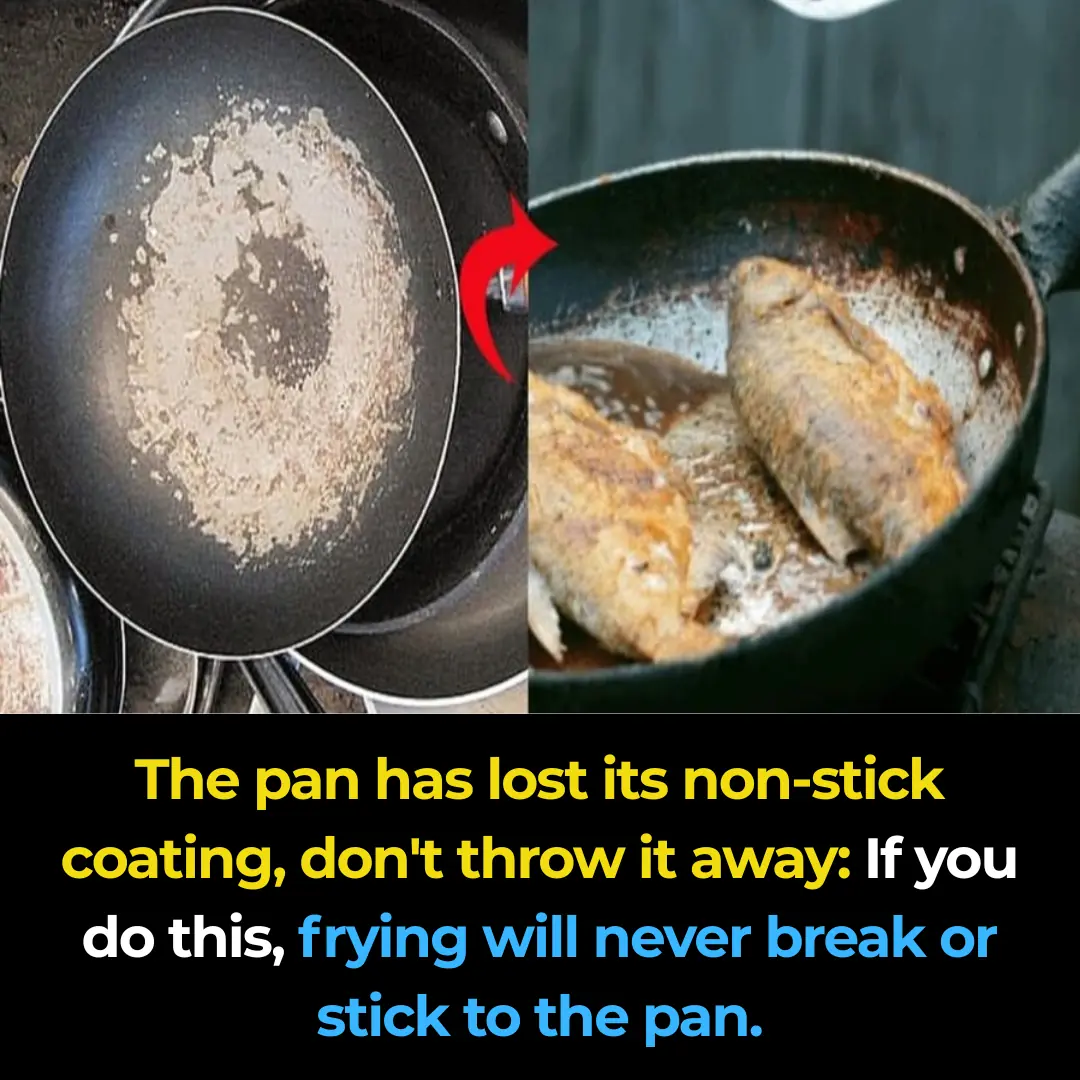
When your pan loses all its non-stick coating, don’t throw it away just yet: Do this and your frying will never stick or fall apart again

Eat boiled bananas at this time, and after just one week your body will experience 7 changes: excess fat melts away and your skin becomes smoother and brighter

12 Foods With Melatonin You Should Include In Your Dinners To Sleep Like A Baby

White Tongue: What It Means and What You Can Do About It

Arthritis warning: 10 everyday foods making your pain and inflammation worse

World’s deadliest ca:ncer: 8 early warning signs every older adult should know

The Truth About the Thigh Gap: And Why You Don’t Need One to Feel Beautiful

7 Best Nutrients to Prevent Alzheimer’s and Dementia

Coconut Water: Healthy Drink or Hidden Risk? Who Should Avoid It

Fact & Health Benefits of Ribwort Plantain

7 benefits and uses of Plantago Major
